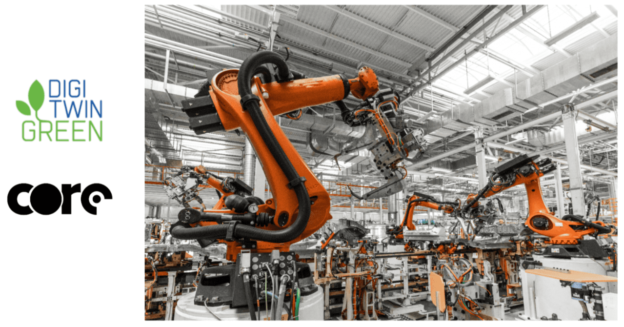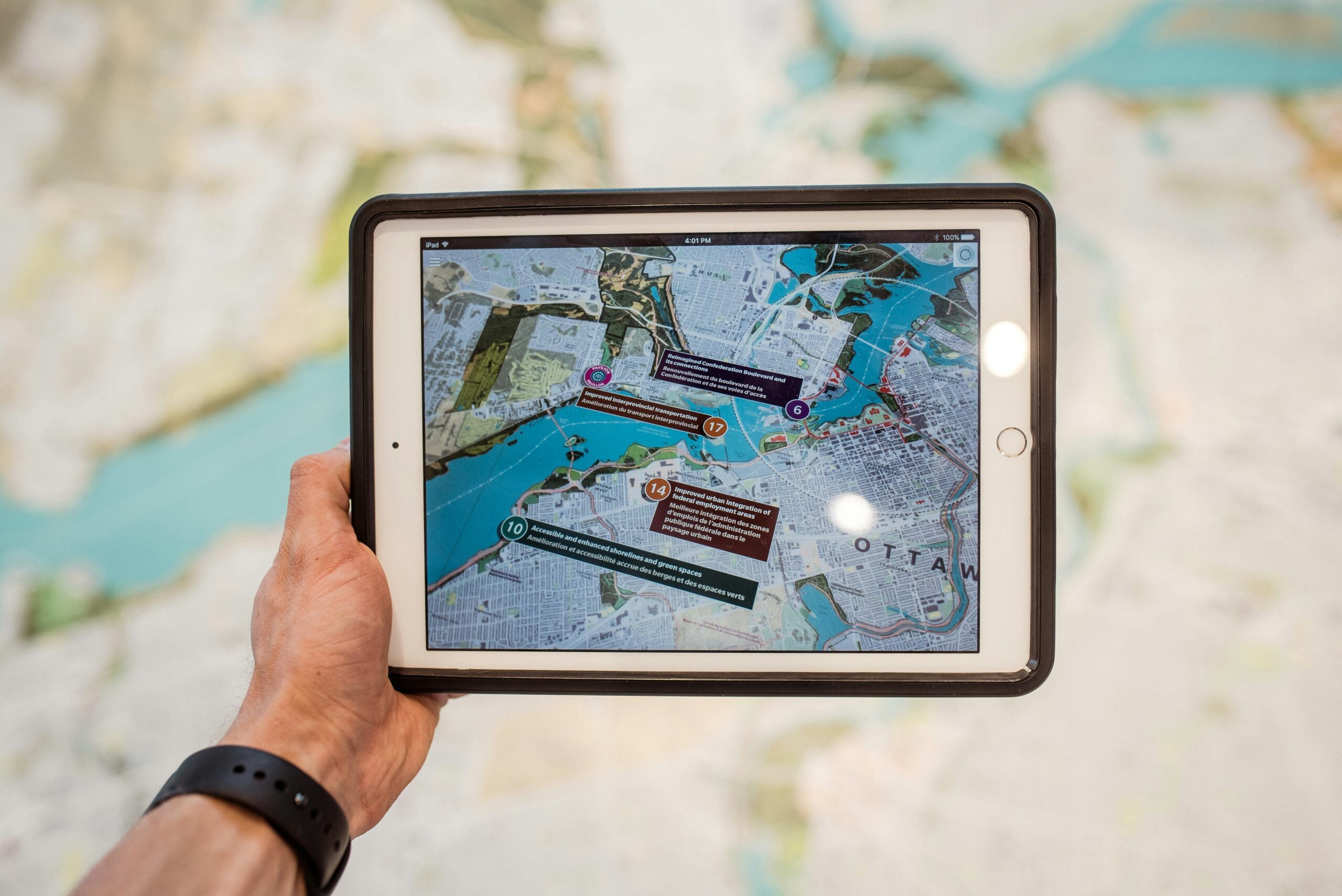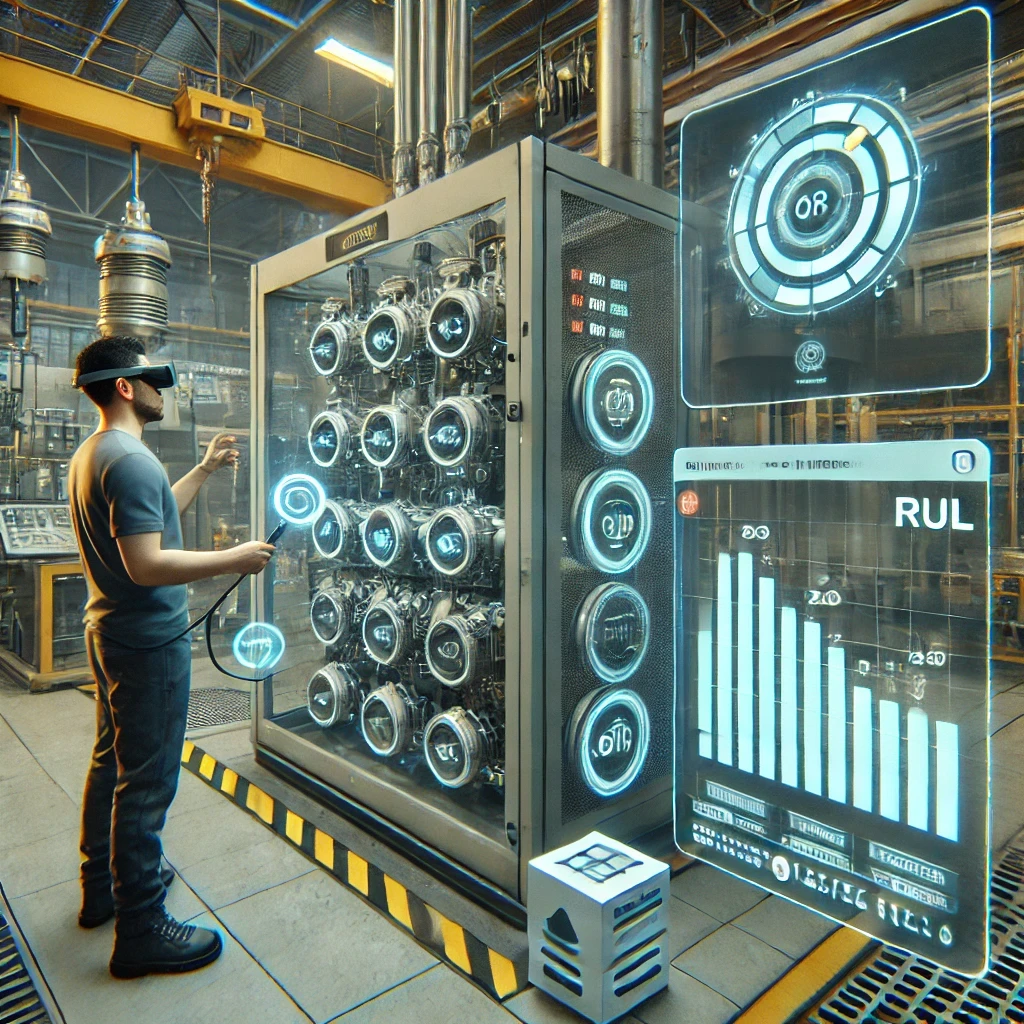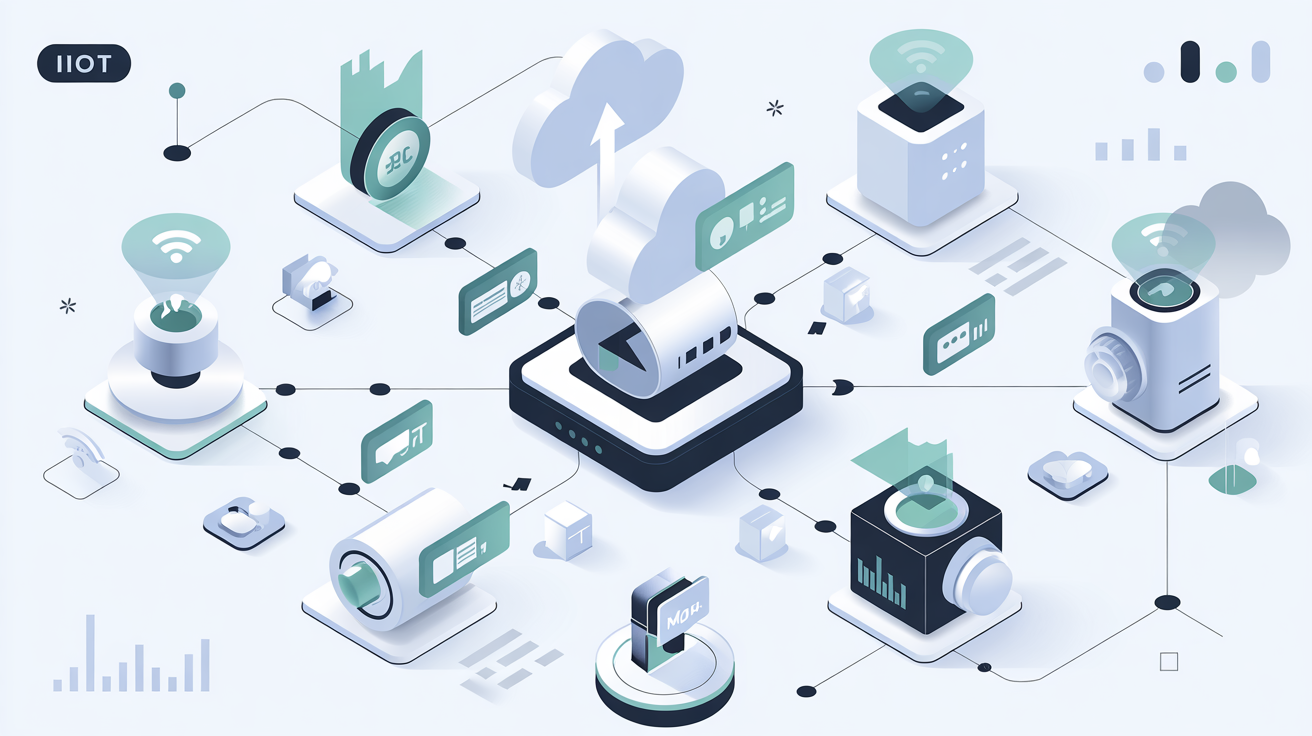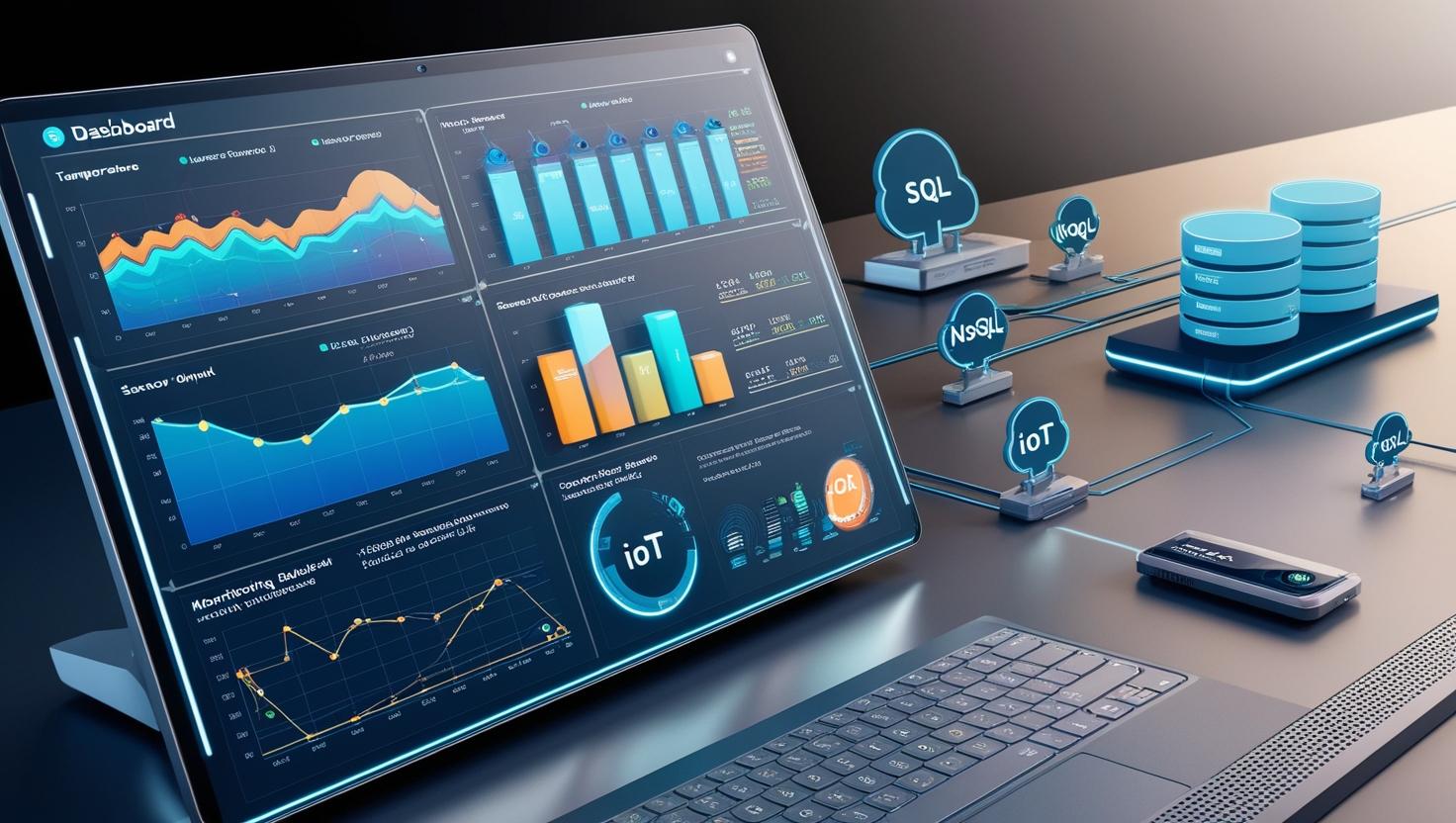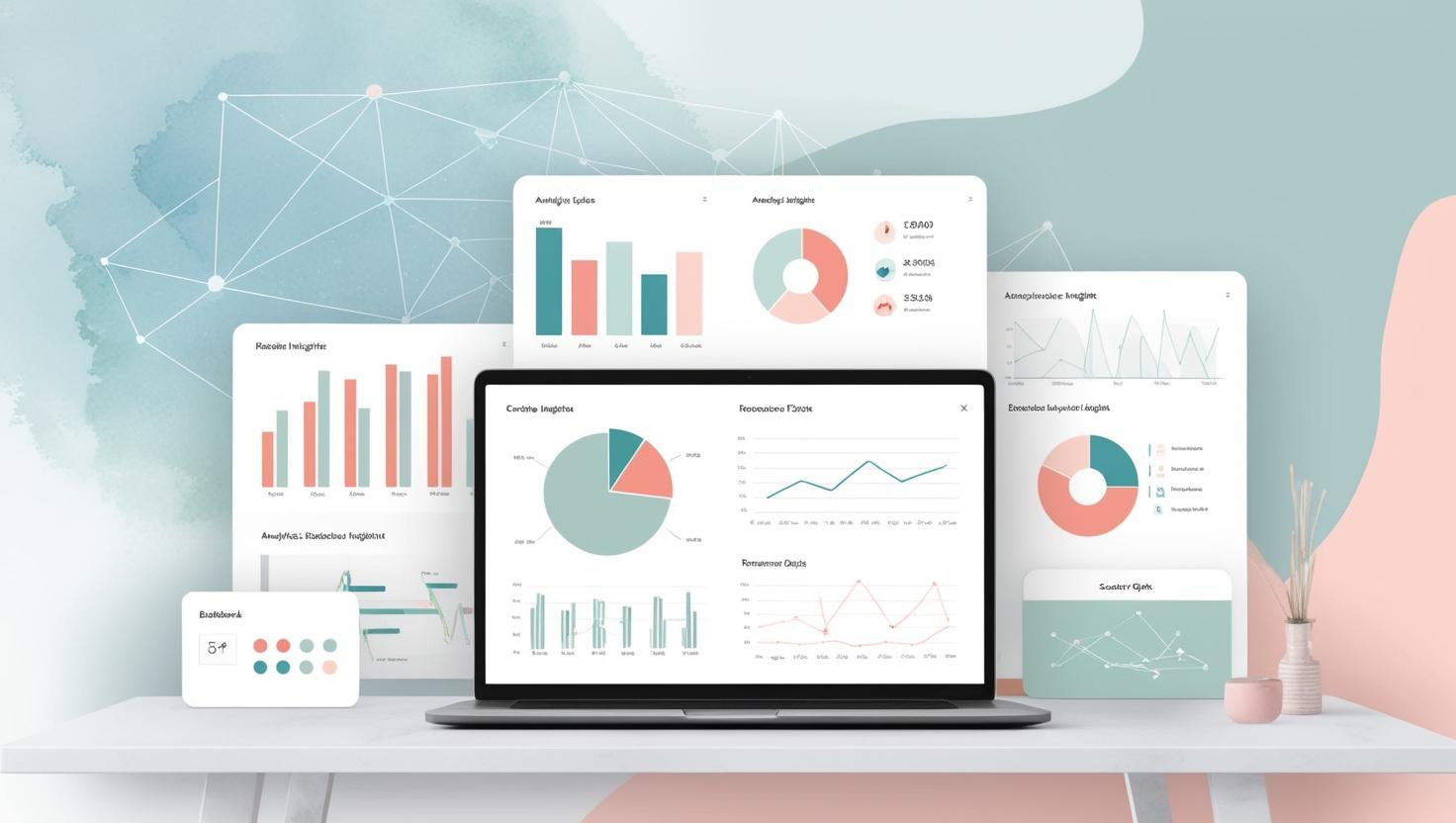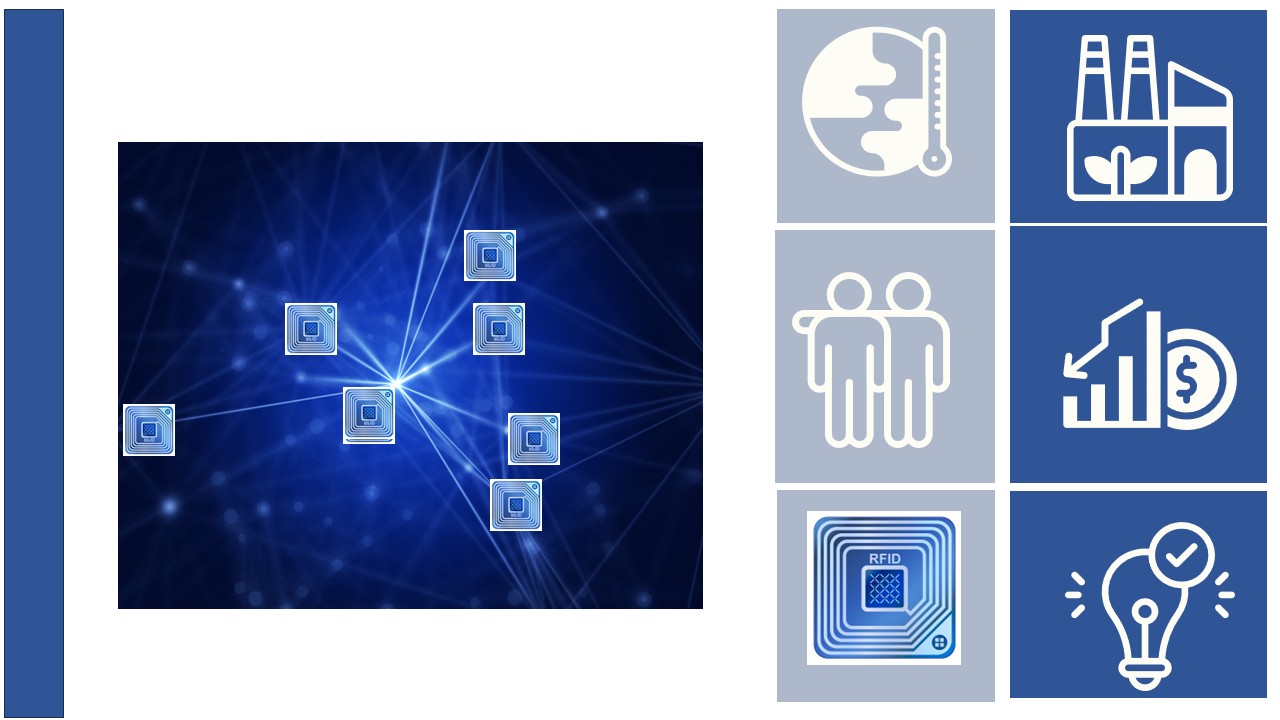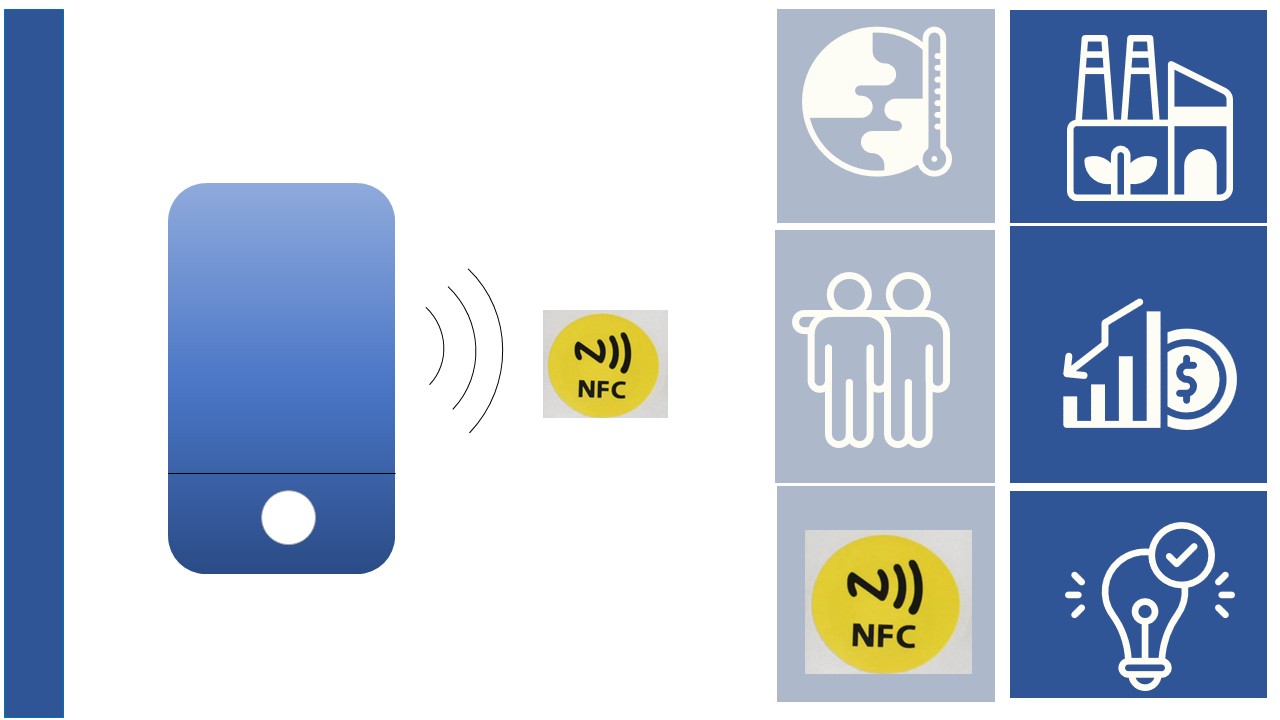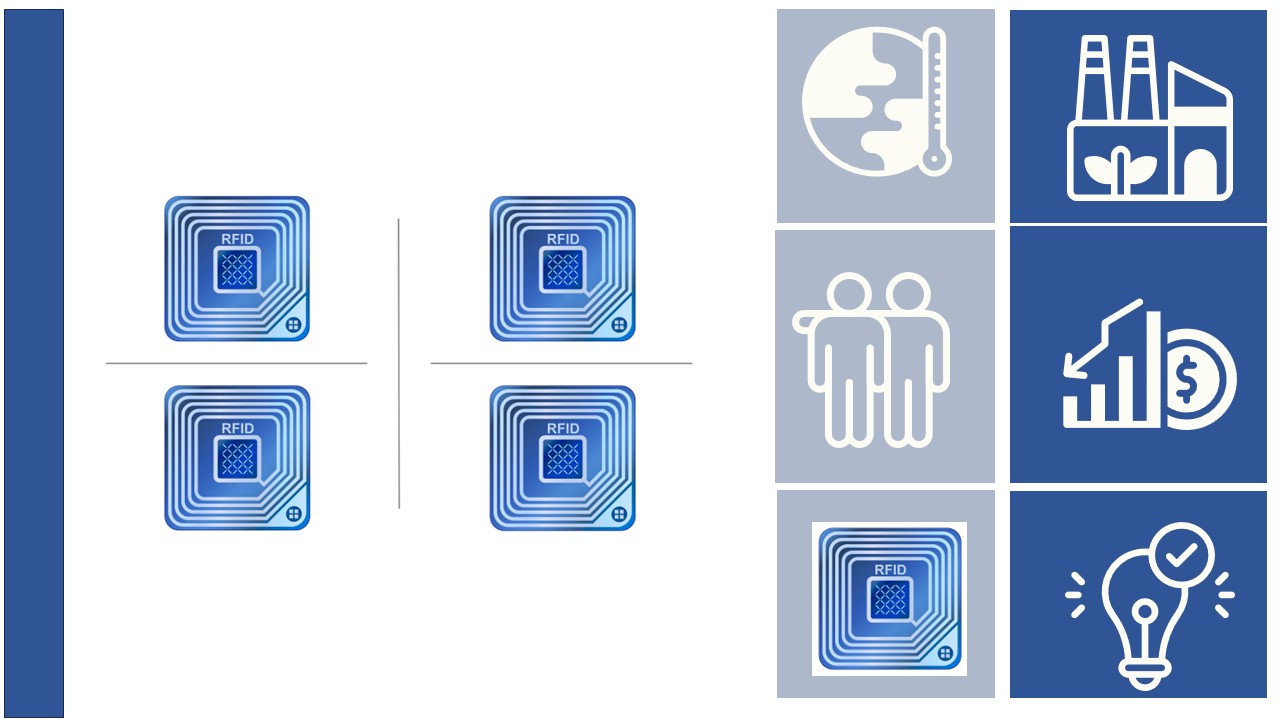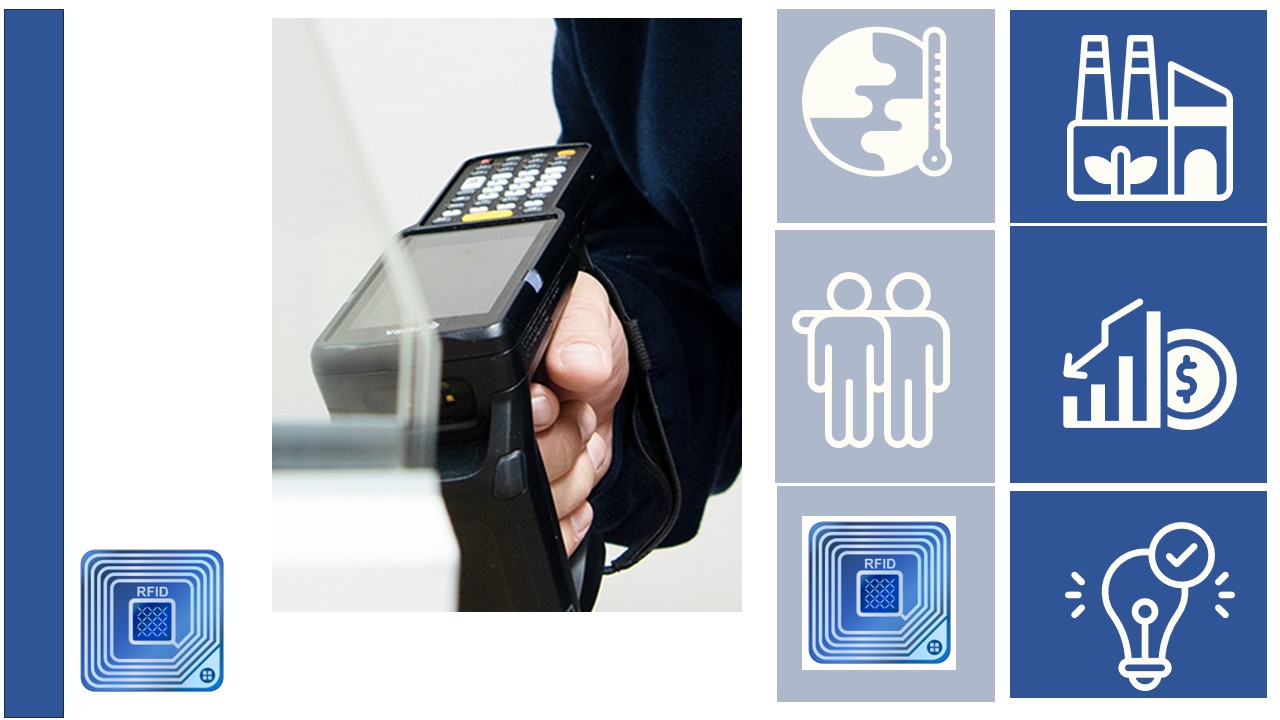Type of course:
Digital learning, Path
Language:
EN
Duration:
1 hour, 30 minutes
Workload:
5 hours
Proficiency:
Beginner
Target:
Professionals, Students, Workers
This comprehensive learning path provides an introductory exploration of Digital Twins (DT) technology, its diverse applications and the future challenges it poses. The learning commences with a historical overview of Digital Twins’ practical implementations in various domains and the definition of DT autonomy levels according to their intelligence, setting the stage for a deeper understanding.
To facilitate effective comprehension, the learning path offers insights into the background theory and computational foundations that underpin DT implementations. This foundational knowledge equips learners with a common language and understanding along with the key components that constitute them. The learning then charts a roadmap, from physics-based modelling principles towards data-driven models and Machine Learning (ML) in the digital twin paradigm. Finally, learners are introduced to well-known techniques for validating and evaluating data-driven models using real-world data.
Learning outcomes
- Following the completion of the learning path, learners will recognise the key concepts and principles behind digital twin technology, including how it can be used to improve product design, reduce costs, and enhance data-driven decisions for circular economy strategies.
- Following the completion of this learning path, learners will recognise how to assess the accuracy and reliability of digital twin models while improving the costs over time.
- Following the completion of the learning path, learners will be able to apply a universal theoretical framework which unifies modeling, simulation and optimisation workflows on Digital Twins.
LessonTheoretical framework for Digital Twin modelling, optimization and control
Course Content
LessonFrom Physics Based Modelling to Data Driven
Course Content
LessonValidation and Evaluation techniques for Data Driven models
Course Content
LessonDigital Twin Verification Using AI
Course Content
LessonDigital Twin and Validation Quiz
Course Content
Topics
Digital Transformation, Simulation Tools, Artificial Intelligence (AI), Programming, Digital Twin


